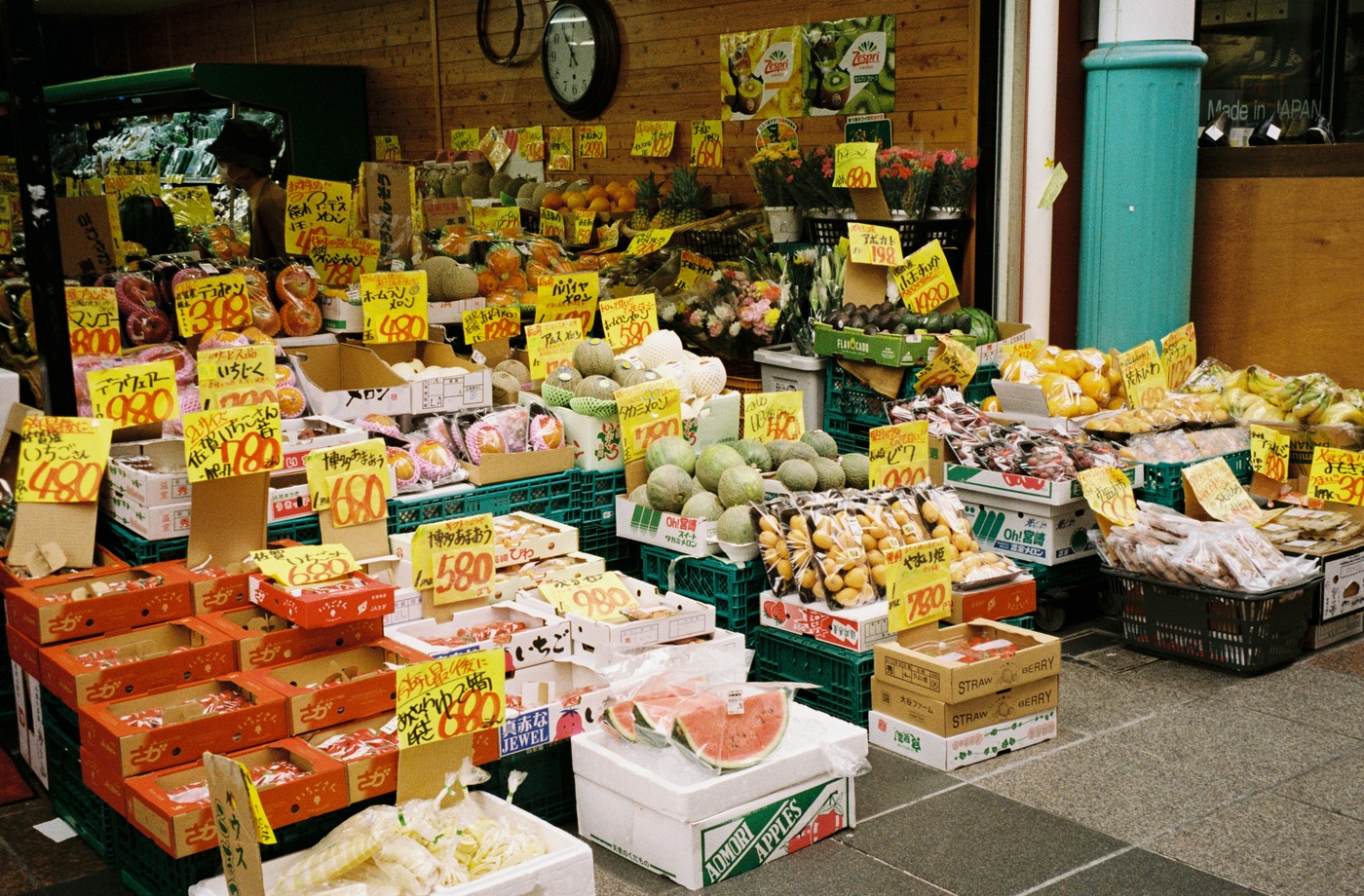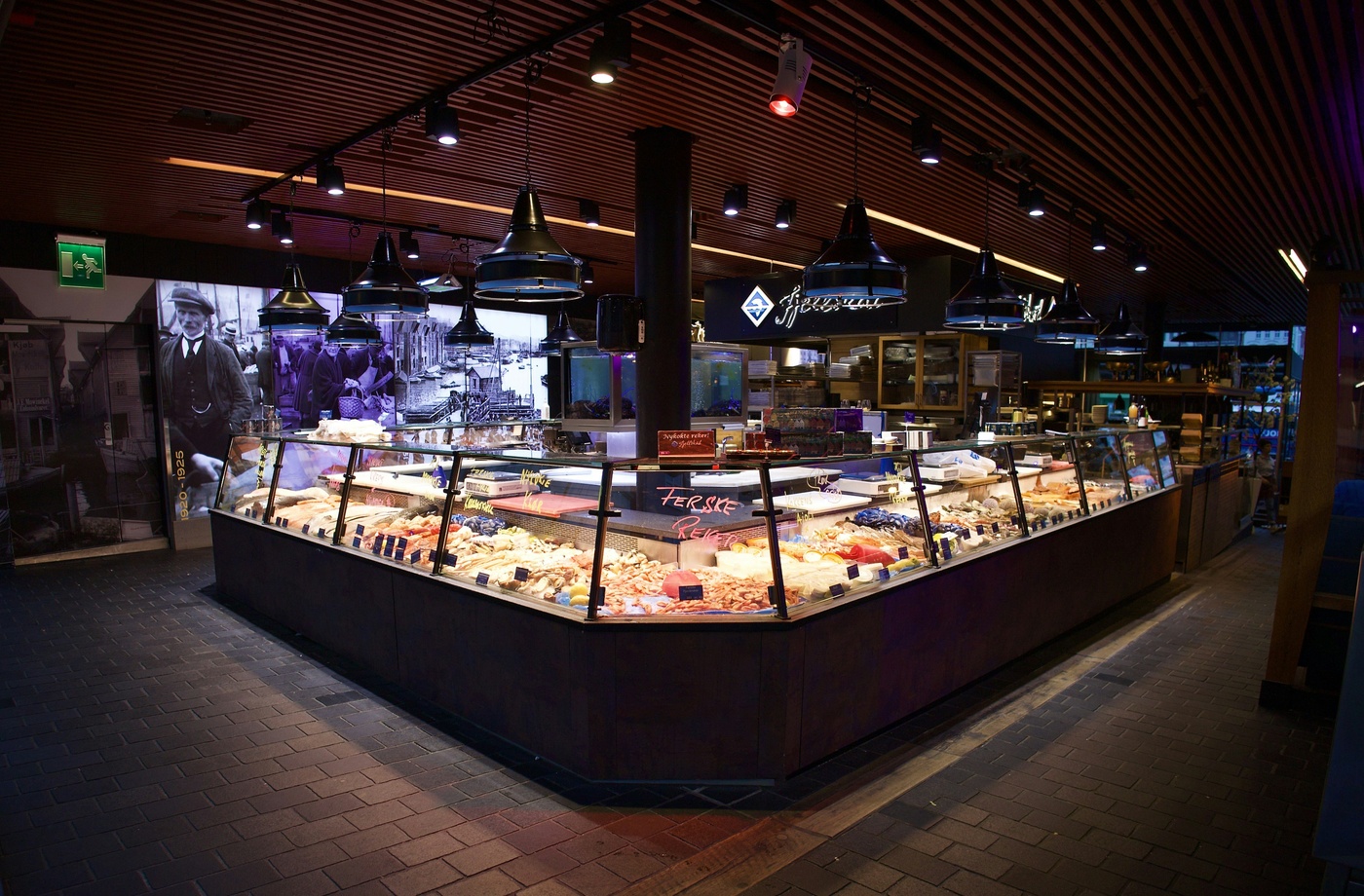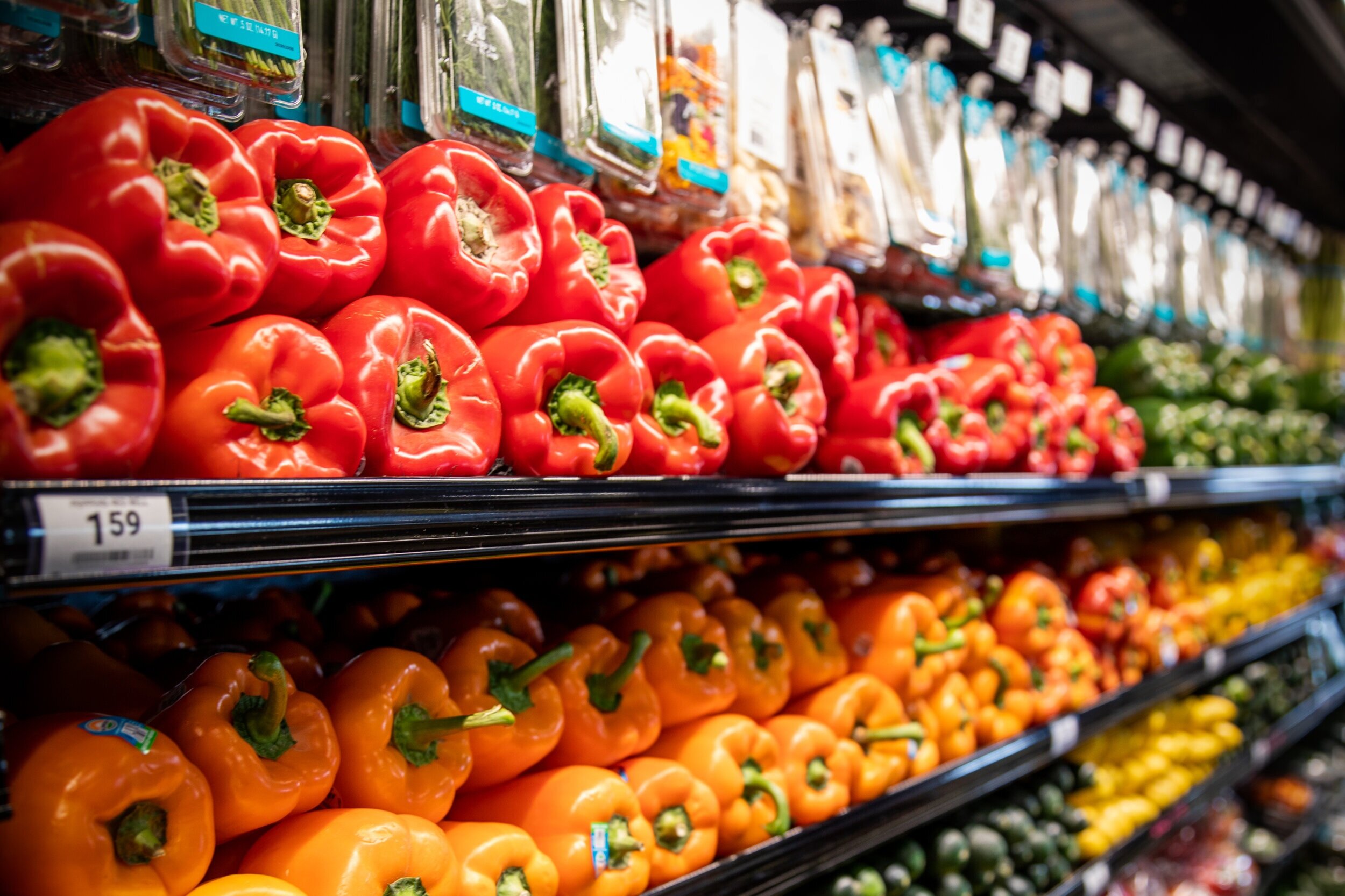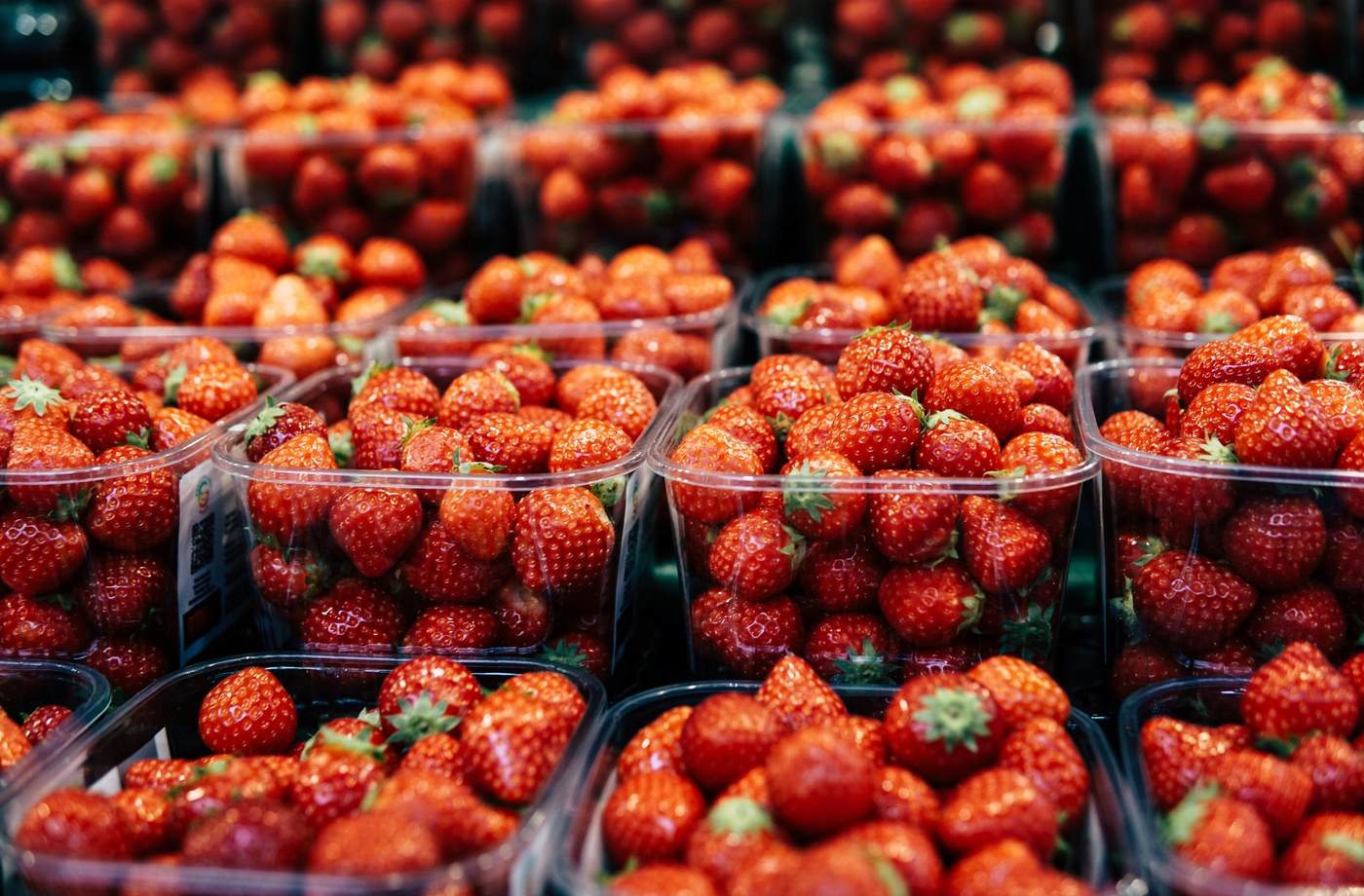Farmers markets offer an unbeatable combination of fresh produce, local products, and seasonal variety—but not everything is a good deal. While many items are worth every penny for their flavor and freshness, some products are better purchased elsewhere if you’re watching your budget or trying to stock up.
Here’s a guide to what’s truly worth buying at your local farmers market—and what to skip in favor of supermarket alternatives.
Buy: Seasonal Produce at Peak Freshness
Farmers markets shine when it comes to just-picked fruits and vegetables. Not only are these items more flavorful, they often last longer than store-bought versions since they’ve traveled less distance. Prioritize:
- Berries (especially strawberries, blueberries, raspberries)
- Heirloom tomatoes
- Leafy greens like kale, arugula, and spinach
- Peaches, nectarines, plums
- Corn, zucchini, green beans
For freshness and quality, nothing compares. You’ll often find varieties not available in grocery stores and can speak directly with growers about their farming practices.
Skip: Pantry Staples
Items like dried pasta, canned goods, or packaged snacks are usually marked up compared to supermarket pricing. These goods tend to be sourced wholesale or outsourced rather than made locally.
You’re better off buying these with rewards at big-box stores—get cashback at Walmart or earn cashback with a BJ’s gift card using Fluz when stocking up on pantry essentials.
Buy: Local Honey and Jams
Unlike commercial brands, local honey retains more of its natural enzymes and may even help reduce seasonal allergies. Similarly, small-batch jams often contain fewer preservatives and more fruit-forward flavor.
Look for single-flower honeys like clover or orange blossom, and sample before buying if vendors offer tastings. These also make great gifts.
Skip: Exotic or Out-of-Season Items
If you see bananas, pineapples, or citrus fruits at a farmers market in a non-tropical region, chances are they’ve been imported and marked up significantly. Farmers markets are best for local and seasonal—not globally shipped produce.
Instead, use grocery delivery platforms like Instacart or visit stores like Trader Joe’s to get better prices on these imported items.
Buy: Eggs and Dairy (From the Right Vendors)
Farm-fresh eggs often have richer yolks and deeper flavor than store-bought. Raw milk cheese, handmade yogurt, and small-batch butter can also be great finds—just make sure the vendor is licensed and follows local food safety guidelines.
Ask how the animals are raised (pasture-raised, organic, etc.), and compare pricing per dozen or per pound to ensure you’re getting value.
Skip: Artisan Packaged Goods (Unless Unique)
Packaged goods like cookies, energy bars, or bottled teas often carry a premium price tag. Unless they’re truly unique or made with hard-to-find ingredients, you might find better value elsewhere.
For example, get cashback with a Whole Foods gift card or earn cashback at CVS if you’re grabbing snacks or beverages.
Bonus Tip: Bring Cash and Shop Late
While many vendors now accept cards, some still offer cash-only discounts. Also, if you shop during the last 30–60 minutes of the market, some sellers are willing to negotiate or discount perishable items rather than haul them back.
Final Thoughts
Farmers markets are a fantastic way to eat seasonally, support local growers, and discover products you won’t find anywhere else. But being selective about what you buy ensures you get the best value while still enjoying the freshest goods. Mix farmers market trips with strategic grocery purchases and cashback tools, and you’ll enjoy the best of both worlds.



